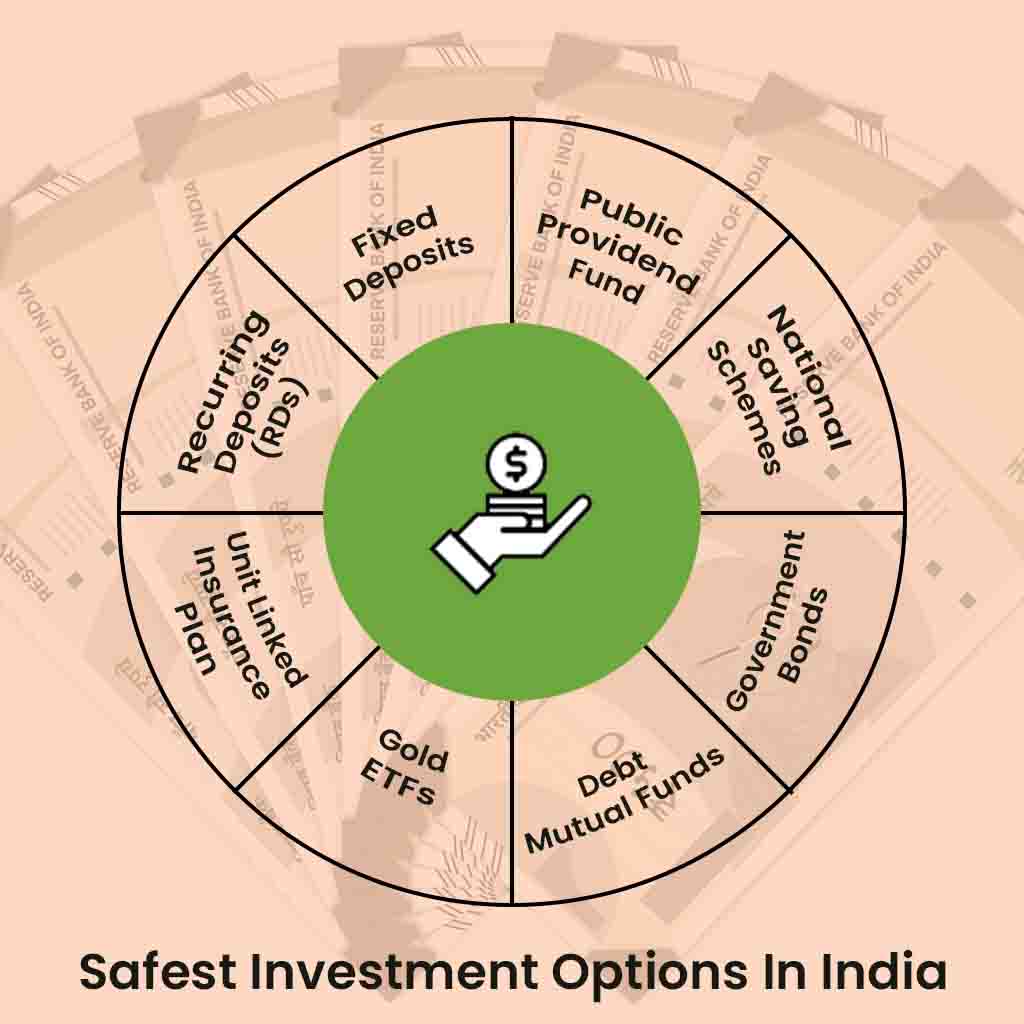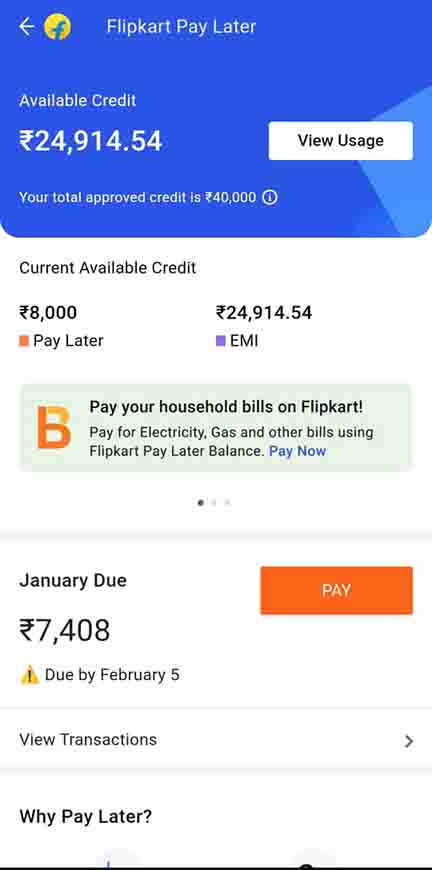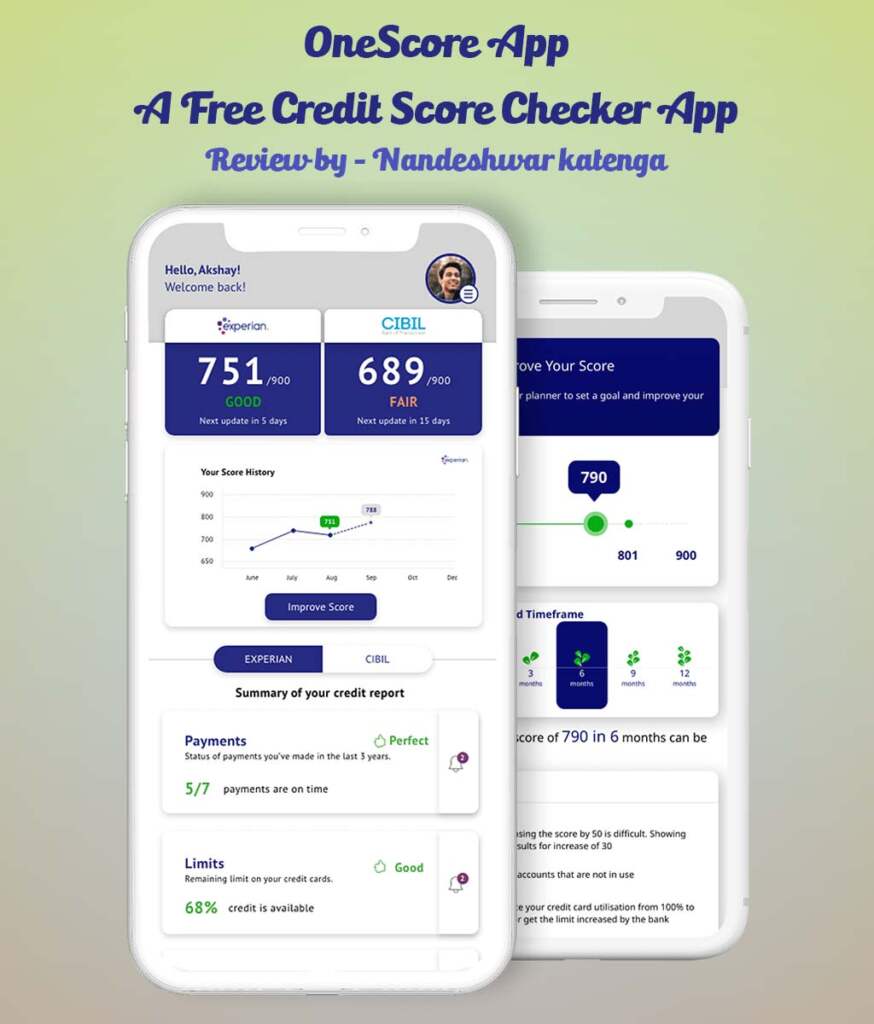
Safest Investment Options in India: Protecting Your Wealth
Investing is a crucial aspect of financial planning, but with it comes a certain level of risk. However, if your primary goal is to prioritize the safety of your capital while still seeking reasonable returns, there are several investment options in India that can offer stability and minimize risk. In this article, we will explore some of the safest investment avenues available in India to help you make informed decisions about protecting and growing your wealth.
Related Articles
Fixed Deposits (FDs):
Fixed Deposits are considered one of the safest investment options in India. They are offered by banks and non-banking financial companies (NBFCs) and provide a fixed interest rate and a predetermined maturity period. FDs offer capital protection and guaranteed returns, making them a popular choice among risk-averse investors. However, it’s important to consider inflation and tax implications while investing in FDs.
Public Provident Fund (PPF):
The Public Provident Fund is a government-backed long-term investment option. It offers safety, attractive interest rates, and tax benefits. The PPF has a lock-in period of 15 years, and partial withdrawals are allowed after a certain period. The interest earned and the maturity amount are both tax-free, making it a reliable and tax-efficient investment avenue.
National Savings Certificates (NSC):
National Savings Certificates are issued by the Indian government and provide fixed returns over a predetermined period. NSCs have a lock-in period of five or ten years, depending on the variant chosen. These certificates offer safety, as they are backed by the government, and the interest accrued qualifies for tax deductions under Section 80C of the Income Tax Act.
Government Bonds:
Investing in government bonds is considered one of the safest options available. The Government of India issues bonds with fixed interest rates and different maturity periods. These bonds provide capital protection and offer regular interest payments. The sovereign guarantee ensures the safety of your investment, making government bonds a low-risk option.
Post Office Savings Schemes:
Post Office Savings Schemes, such as the Post Office Monthly Income Scheme (POMIS) and Post Office Time Deposit (POTD), are reliable investment options offered by the government. These schemes provide fixed returns and come with various tenure options. Post office schemes are considered safe due to the backing of the government and their wide network across the country.
Debt Mutual Funds:
Debt Mutual Funds invest in fixed-income securities such as government bonds, corporate bonds, and treasury bills. They offer stability and regular income compared to equity investments. Debt funds are managed by professional fund managers who aim to generate steady returns while minimizing risk. However, it’s essential to choose funds with a strong track record and invest based on your risk appetite.
Unit Linked Insurance Plan
A Unit Linked Insurance Plan (ULIP) is a financial product that combines the benefits of both insurance and investment. It is a type of life insurance policy where a portion of the premium you pay goes towards providing life insurance coverage, and the remaining portion is invested in various investment funds such as equity, debt, or balanced funds.
Recurring Deposits (RDs)
Recurring Deposits (RDs) are financial instruments offered by banks and financial institutions that allow individuals to save money in a disciplined manner over a specific period. RDs are similar to fixed deposits but differ in terms of the mode of deposit and the frequency of contributions.
It’s important to note that RDs may have penalties for missed or delayed payments. The interest rates offered on RDs can vary among banks, so it’s advisable to compare rates and terms offered by different institutions before opening an RD account. Additionally, the interest earned on RDs is taxable as per the individual’s income tax slab.
Gold ETFs
Gold Exchange-Traded Funds (ETFs) are investment vehicles that allow individuals to invest in gold without physically owning the metal. Gold ETFs are designed to track the performance of the price of gold, providing investors with a convenient and cost-effective way to gain exposure to the precious metal.
Before investing, it’s recommended to research and understand the specific Gold ETF’s prospectus, which provides detailed information about the fund’s objectives, expenses, risks, and past performance. Consulting with a financial advisor can also be beneficial in determining if Gold ETFs align with your investment goals and risk tolerance.
Conclusion:
While no investment is entirely risk-free, opting for safe investment options can help protect your capital and provide stable returns over time. Fixed Deposits, Public Provident Fund, National Savings Certificates, Government Bonds, Post Office Savings Schemes, and Debt Mutual Funds are some of the safest investment avenues in India. It’s crucial to align your investment choices with your financial goals, risk tolerance, and liquidity requirements. Diversifying your portfolio across multiple safe options can further reduce risk and provide a solid foundation for your long-term financial growth. Remember to consult with a financial advisor or conduct thorough research before making any investment decisions to ensure they align with your individual circumstances. With careful consideration and prudent investing, you can safeguard your wealth and build a secure financial future.


